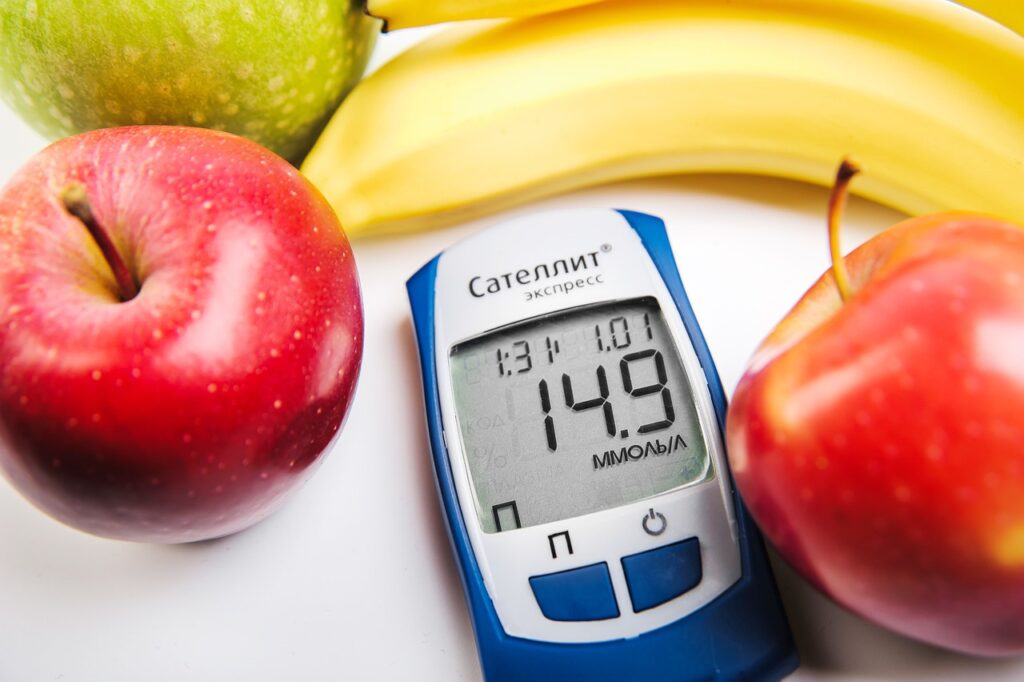
Heart Disease
Heart disease is a general term for a range of conditions that affect the heart. These include coronary artery disease, heart arrhythmias, heart valve problems, and heart failure. Imagine the heart as the engine of the body—when it doesn’t work correctly, every other system can be affected.
Symptoms and Causes
Common symptoms of heart disease can include chest pain, shortness of breath, fatigue, irregular heartbeats, and swelling in the legs or abdomen. In some cases, especially with women, symptoms may be subtler, such as nausea or discomfort in the back or jaw.
Heart disease is often caused by a combination of factors, including high blood pressure, high cholesterol, smoking, diabetes, obesity, and a sedentary lifestyle. Genetics and age also play a significant role.
Prevalence and Prognosis
Heart disease is the leading cause of death in the United States, affecting approximately 20.1 million adults. Early diagnosis and treatment can improve outcomes significantly. While it is a serious condition, lifestyle changes, medications, and medical procedures can help manage symptoms and improve quality of life.
Management and Treatment
Treatment options depend on the type of heart disease. Lifestyle changes such as a heart-healthy diet, regular exercise, and quitting smoking are crucial. Medications can manage symptoms like high blood pressure or cholesterol. For severe cases, surgical interventions like stent placement or bypass surgery may be required.
Living with Heart Disease
Living with heart disease involves ongoing management. Regular check-ups, following a prescribed treatment plan, and maintaining a supportive network are essential. Joining support groups or cardiac rehabilitation programs can also offer valuable resources and encouragement.
Top Concerns
Heart disease remains the leading cause of death worldwide, affecting millions of individuals. Here are the primary concerns for those managing this condition:
Risk of Heart Attack and Stroke
Individuals with heart disease are at heightened risk for heart attacks and strokes. Reducing these risks through lifestyle changes, medications, and monitoring is a top priority.
Managing Symptoms
Symptoms like chest pain, shortness of breath, and fatigue can significantly impact quality of life. Concerns about identifying and managing these symptoms are common.
Medication Side Effects
Heart disease often requires medications such as blood thinners, beta-blockers, or statins. Balancing their benefits with potential side effects is a frequent worry.
Lifestyle Changes
Adopting a heart-healthy lifestyle—including dietary changes, exercise, and stress reduction—can be challenging but essential for long-term health.
Comorbidities
Heart disease is often linked to other conditions such as diabetes, high blood pressure, and obesity. Managing these simultaneously can be overwhelming.
Emotional Health
Living with heart disease can lead to anxiety and depression, particularly about future health prospects. Mental health support is a critical concern.
Access to Cardiac Care
Specialized care, including cardiologists and diagnostic tests, can be expensive or hard to access, creating additional barriers for patients.
Featured in Heart Disease
- 7 Refreshing Snacks That Help You Stay Hydrated
 When the weather heats up, staying hydrated isn’t just about what you drink—it’s also about what you eat. Believe it…
When the weather heats up, staying hydrated isn’t just about what you drink—it’s also about what you eat. Believe it… - Avocado: Creamy Comfort for Inflammation
 Avocados are the ultimate comfort food for anyone dealing with arthritis or other inflammatory conditions. These creamy delights are packed…
Avocados are the ultimate comfort food for anyone dealing with arthritis or other inflammatory conditions. These creamy delights are packed… - Are The Black Plastic Utensils in Your Kitchen Putting You at Risk?
 Are your black plastic cooking utensils and food containers safe to use? A recent study sparked new concerns about whether…
Are your black plastic cooking utensils and food containers safe to use? A recent study sparked new concerns about whether… - Gut Health Revolution: How Your Microbiome Could Be Controlling Your Entire Life
 You might think you’re in charge of your life, but there’s a secret ruler pulling the strings from deep inside…
You might think you’re in charge of your life, but there’s a secret ruler pulling the strings from deep inside… - Home Remedies to Tame Your Grumpy Joint
 Living with arthritis can sometimes feel like your joints have decided to throw a never-ending party—and not the fun kind.…
Living with arthritis can sometimes feel like your joints have decided to throw a never-ending party—and not the fun kind.… - Inflammation: The Root Cause of Almost Every Major Disease You’ve Never Heard About
 Inflammation might sound like something that happens when you sprain your ankle or get a nasty paper cut, but did…
Inflammation might sound like something that happens when you sprain your ankle or get a nasty paper cut, but did… - Intermittent Fasting and Type 2 Diabetes: The Controversial Treatment Gaining Traction
 Intermittent fasting has been making waves in the health world for a while now, praised for everything from weight loss…
Intermittent fasting has been making waves in the health world for a while now, praised for everything from weight loss… - 5 Easy Swaps to Cut Ultra-Processed Foods from Your Diet
 Cutting back on ultra-processed foods doesn’t have to mean giving up convenience — or your favorite flavors. In fact, with…
Cutting back on ultra-processed foods doesn’t have to mean giving up convenience — or your favorite flavors. In fact, with… - Are Ultra-Processed Foods Harming Your Gut Health?
 Your gut is home to trillions of bacteria, fungi, and other microorganisms that play a huge role in your overall…
Your gut is home to trillions of bacteria, fungi, and other microorganisms that play a huge role in your overall…
Top Stories in Health
- Breathe Easy: COPD Treatment Options ExplainedCOPD can make everyday life feel like you’re trying to suck air…
- A Digestible Holiday Feast That Won’t Ruin the Cheer!Ah, the holidays—a time for family, fun, and way too much food.…
- Leafy Greens for the WinSpinach, kale, and Swiss chard are the unsung heroes of the anti-inflammatory…
- Turmeric: The Golden HealerTurmeric isn’t just a spice; it’s a golden treasure for those dealing…
- Relaxation Tips for Health and HormonesStress is like that uninvited guest at your party—it overstays its welcome…
- Flex Your Way to a Happy ProstateExercise isn’t just about building muscle or fitting into those old jeans—it’s…

